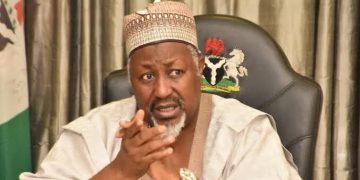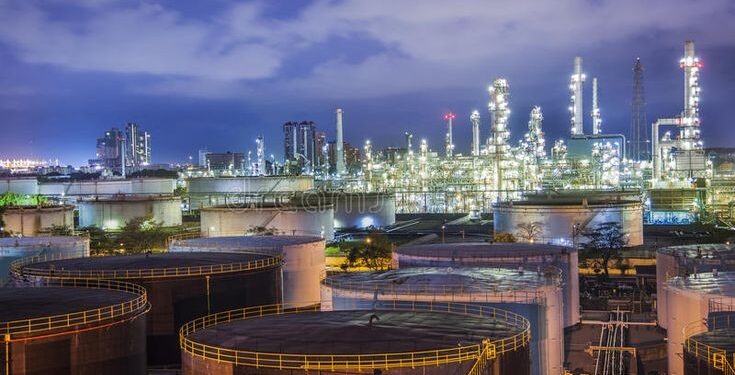Ghana has settled approximately 90% of its $75 million gas debt to Nigeria over the past three months. A reliable source familiar with the matter disclosed that Ghana paid $65 million to N-Gas, a subsidiary of the Nigerian National Petroleum Company (NNPC) Limited, through installments of $37.5 million, $15 million, and another $15 million between February and April.
This repayment is part of a broader bilateral gas supply arrangement under the West African Gas Pipeline (WAGP) framework, a 678-kilometer pipeline transporting natural gas from Nigeria’s Niger Delta to Benin, Togo, and Ghana. The pipeline is operated by the West African Gas Pipeline Company Limited (WAPCo), a consortium that includes Chevron, NNPC, Shell, and national gas companies from the participating countries.
The debt originated from gas supplied several months ago, with payment delays attributed to administrative bottlenecks, particularly unresolved documentation. Nigeria’s Minister of State for Petroleum Resources, Ekpo Ekperipe, emphasized the urgency of resolving the issue to safeguard energy cooperation and regional harmony.
During a recent meeting in Accra, Minister Ekperipe discussed the outstanding debt with Ghana’s President, John Dramani Mahama. President Mahama expressed appreciation for the minister’s concerns and reiterated Ghana’s commitment to fulfilling its financial obligations under the WAGP agreement.
In addition to addressing the debt issue, Nigeria is seeking Ghana’s support for the African Atlantic Gas Pipeline Project, a strategic initiative aimed at enhancing regional energy security and economic cooperation. The proposed $25 billion infrastructure would traverse at least 13 African countries, potentially extending to Europe. Minister Ekperipe affirmed Nigeria’s commitment to ongoing collaboration in the gas sector and its readiness to resolve all pending matters related to the WAGP gas supply.
The resolution of the gas debt and the potential endorsement of the Atlantic pipeline project are expected to play a critical role in shaping the future of energy cooperation across West Africa. Both countries reaffirmed their readiness to work collaboratively and pursue mutually beneficial resolutions to outstanding issues, signaling promise for the future of energy cooperation in the region.























































